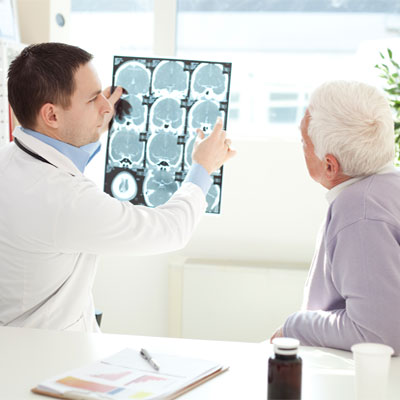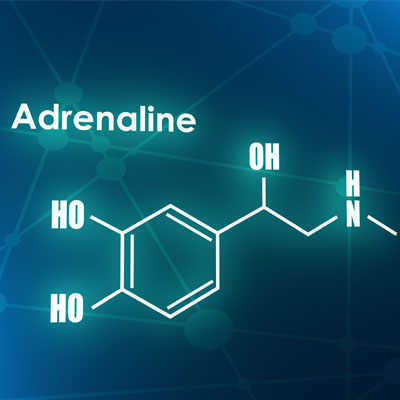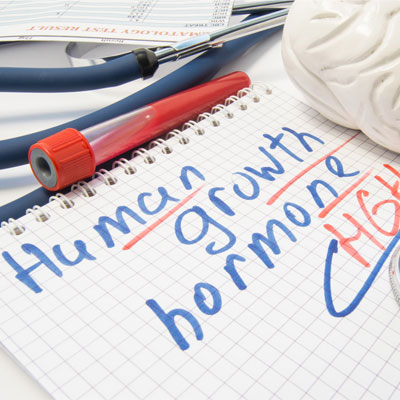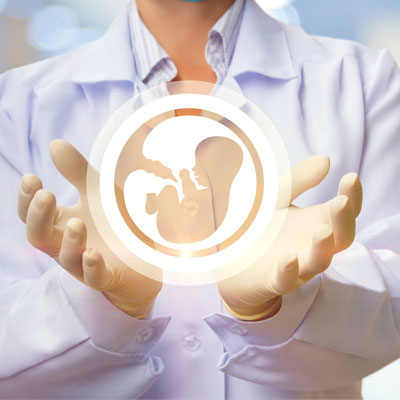Contents
It is possible to have an HGH allergic reaction just as it is with any medication – prescription or over the counter. Any known pharmacological allergies must be reported to the prescribing doctor before beginning HGH therapy.
Allergies to human growth hormone therapy are rare. Most people who are growth hormone deficient will have no problems receiving HGH therapy safely. If you do notice any symptoms of an allergic reaction, contact your doctor at once. Of course, life-threatening responses should be directed immediately to an emergency room for treatment.
It is not uncommon to experience injection site redness, pain, irritation, swelling, or itching. These are not the same things as an allergic reaction. If the redness or swelling extends well beyond the injection site, that may be a sign of an allergic response.
We sometimes (unfortunately) see websites advertising HGH therapy for all sorts of medical conditions not associated with growth hormone functions. Can HGH help allergies is one question we have seen asked, and the answer is no. A doctor will not prescribe HGH to help allergies. While a person with growth hormone deficiency may find a lessening of allergic symptoms as a result of a better functioning immune system, it is not a reason or expectation for the prescribing of this treatment. Do not expect to use HGH for allergies – that is not its purpose.
Allergies to HGH are rare but possible. Those who have an allergic reaction should contact their health care provider at once.
How Do You Know If You Are Allergic to HGH?
The most likely way to know if you are allergic to HGH is to know what medications you have known allergies to and to discuss that with your doctor prior to receiving treatment. Those who may have allergies to HGH may find it implicates only one brand based on an ingredient in the diluent.
Here are some guidelines to know:
- Do not use HGH therapy if you are allergic to somatropin
- Inquire about any other ingredients such as the diluents if you have a known allergy
An HGH allergic reaction may appear as a skin rash, breathing difficulty, or swelling of some area of the face. Skin and other reactions are rare with HGH therapy.
Report any known allergies to your doctor before starting HGH therapy.
What to Do If You Have an Allergic Reaction to HGH
The action to take if you discover a problem depends on the particular HGH allergic reaction. The list below highlights the majority of the concerns that would cause you to contact your prescribing physician. However, if the issues concern swelling of the mouth or tongue that impacts breathing, other breathing difficulties, or changes in heartbeat, it is best to head to an emergency room to be checked out as a safety precaution. Always err on the side of caution. If you think you should seek emergency help, do so – better to be safe.
However, if the symptoms are mild or of minor concern, please contact your prescribing doctor at once.
Here are the most common signs of an allergic reaction to HGH therapy:
- Swelling of the tongue, lips, mouth, or face
- Breathing trouble
- Skin rashes, swelling, or redness
- Severe itching
- Wheezing
- Sweating
- Dizziness
- Fainting
- Rapid heartbeat
- Pounding in chest
Contact your doctor with any minor HGH allergy concerns. Go to an emergency room if you develop breathing difficulties or changes in heartbeat.
- Shilpa Mehta, MD, Vikash Oza, MD, Dr. Renee Potashner, Manish Raisingani, MD, Bina Shah, MD, Patricia Zamora
- Steven P. Oakes, PharmD, Michael J Waters, PhD, DSc, FAA Professor George Werther, Keri Haynes, Adrian C Herington, PhD
- Mariana Quirino Silveira Soares, PhD, Elismauro Francisco Mendonça, DDS,MS,PhD
Allergic and non-allergic skin reactions associated with growth hormone therapy: Elucidation of causative agents
Demonstration and localization of growth hormone receptor in human skin and skin fibroblasts.
Study: Lichen planus-like drug reaction associated with recombinant human growth hormone therapy in a child patient with Turner syndrome









